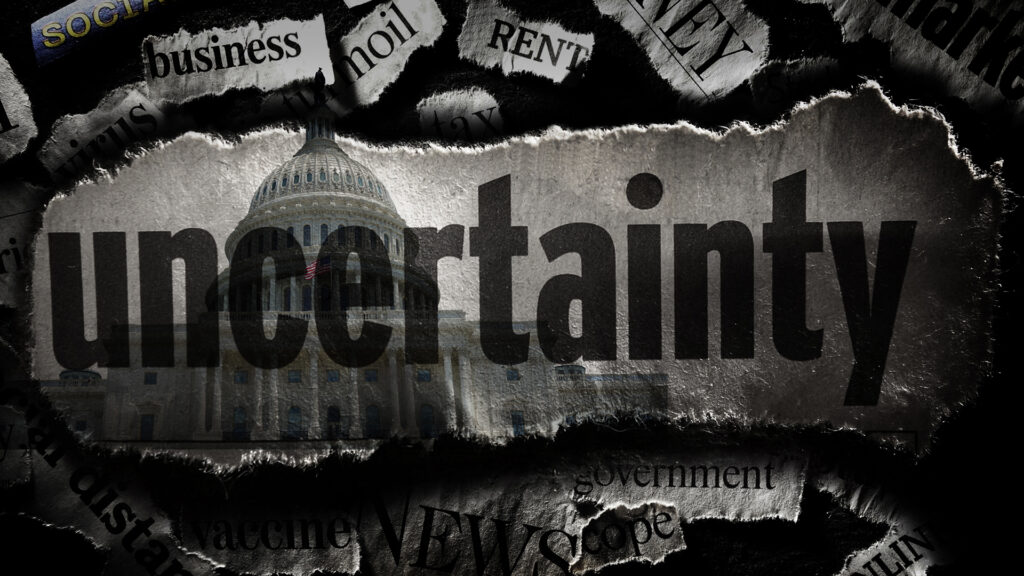Over the past few days, global stock markets have been experiencing significant declines. Trading screens across the US, Asia, and Europe are filled with alarming red numbers as investors react to the latest economic developments. This downturn comes amid growing fears that the US economy, the largest in the world, is slowing down and could potentially be heading toward a recession.

Experts attribute the primary reason for these fears to the latest US jobs data for July, released last Friday, which fell short of expectations. The data has sparked discussions about the possibility of an economic slowdown or even a recession, although some analysts caution that such conclusions may be premature.
The official figures show both positive and negative aspects of the current economic situation. On the negative side, US employers added 114,000 jobs in July, which was significantly below the anticipated 175,000 new roles. This shortfall in job creation has raised concerns about the strength of the labor market.
Moreover, the unemployment rate rose to 4.3%, marking a near three-year high. This increase has triggered a phenomenon known as the “Sahm rule.” Named after American economist Claudia Sahm, the rule suggests that if the average unemployment rate over three months is at least half a percentage point higher than the lowest level over the past 12 months, the country may be at the onset of a recession.
In this case, the rise in the US unemployment rate in July, which averaged 4.1% over three months compared to last year’s lowest point of 3.5%, indicates potential recessionary conditions.
Adding to these concerns is the fact that the US Federal Reserve recently decided not to cut interest rates, despite mounting evidence of a slowing economy. Other central banks in developed economies, including the Bank of England and the European Central Bank, have recently cut interest rates to stimulate economic activity.

The Fed’s reluctance to reduce rates has been met with criticism. Its chair, Jerome Powell, has hinted that a rate cut might be considered in the near future, but many economists argue that the Fed should act sooner rather than later. Lowering interest rates could make borrowing cheaper, encouraging spending and investment, which could help avert an economic downturn.
The global economic landscape is further complicated by ongoing trade tensions, geopolitical uncertainties, and slowing growth in key economies. These factors have contributed to investor anxiety and volatility in the markets.
While some economists believe that talk of a recession is premature, the combination of weak job growth, rising unemployment, and hesitant central bank actions have undoubtedly increased the risks of an economic slowdown.
As the US economy faces mounting challenges, policymakers and investors are closely monitoring economic indicators to gauge the likelihood of a recession. While the situation remains uncertain, proactive measures by central banks and governments could help mitigate the potential impacts and support economic recovery.
Credit:bbc.com


